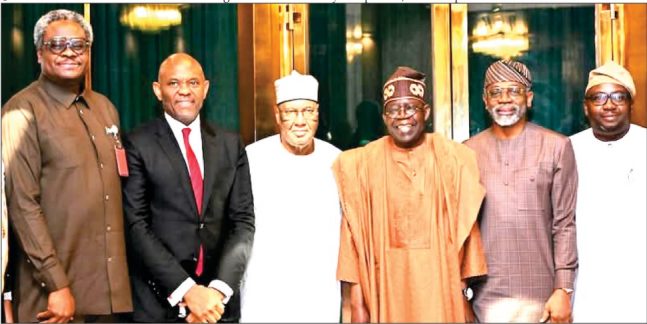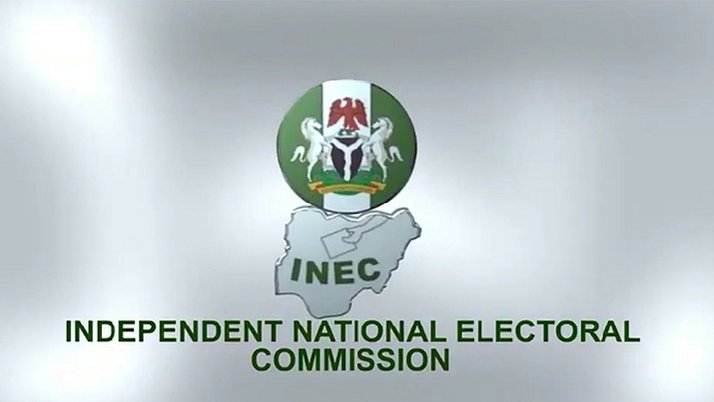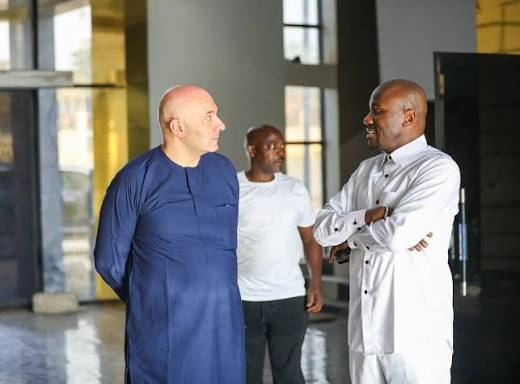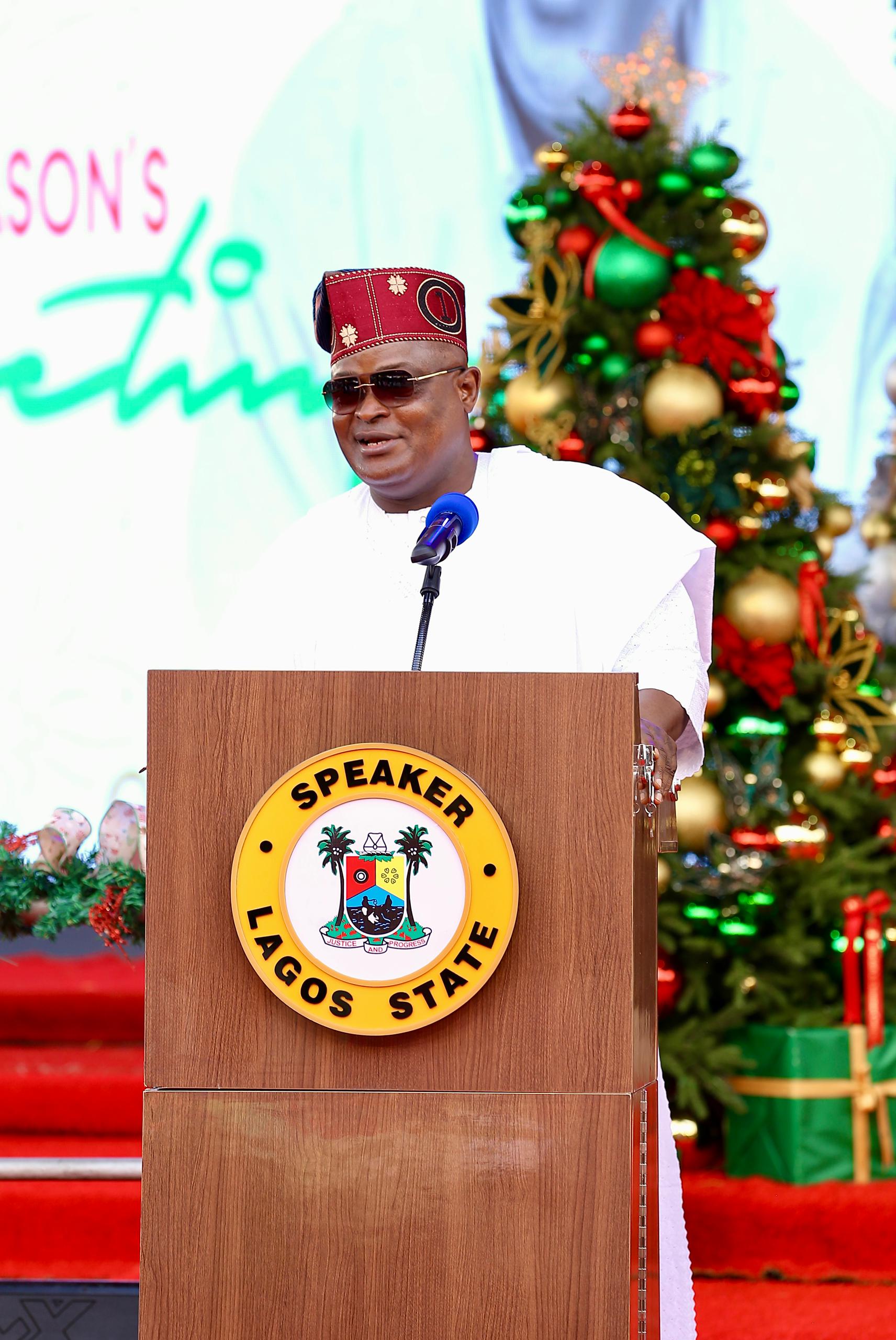Tinubu power sector reforms gain momentum as the President reaffirms commitment to Siemens partnership to deliver reliable electricity across Nigeria
Tinubu power sector reforms took centre stage again on Monday as President Bola Ahmed Tinubu restated his administration’s determination to transform Nigeria’s electricity landscape through the Presidential Power Initiative (PPI) in partnership with Siemens Energy.
Also read: President Tinubu clemency order reforms mercy process
Receiving a delegation from Siemens Energy led by Dietmar Siersdorfer, Managing Director for the Middle East and Africa, at the State House in Abuja, the President emphasised that stable power remains essential for national growth and improved living standards.
“There is no industrial growth or economic development without power. I believe that power is the most significant discovery of humanity in the last 1,000 years,” Tinubu said.
The President noted that his government is prioritising the completion of the PPI to support critical sectors such as education, healthcare, and transportation.
“Our education, our health care, and our transportation all depend on energy. Without power, it is an impossible objective,” he added.
Tinubu directed the expansion of transformer substations from two to three phases to enhance electricity delivery nationwide, pledging full financial support for the project.
“We are inspired and happy. This is what we want to achieve on the continent — economic recovery and the banishment of poverty,” he said.
The meeting was attended by Vice President Kashim Shettima, Minister of Finance Wale Edun, Minister of Power Adebayo Adelabu, and Special Adviser on Energy Olu Verheijen.
Highlighting recent milestones, Adelabu said the power sector had attracted over $2.2 billion in new investments following the Electricity Act 2023, which decentralised and liberalised the industry.
He added that Siemens had delivered ten mobile substations and ten transformers, adding 984MW of new transmission capacity to the national grid.
According to the minister, Phase One of the PPI will cover substations in Abeokuta, Offa, Ayede-Ibadan, Sokoto, and Onitsha, with two sites expected to be completed by the end of 2026.
Wale Edun, the Minister of Finance, said the project would boost Nigeria’s competitiveness by improving the ease of doing business, reducing poverty, and creating jobs.
In his remarks, Dietmar Siersdorfer of Siemens Energy described the initiative as “a transformative partnership” that would turn Nigeria into a regional power hub.
He revealed plans to build a training centre for local engineers, creating thousands of jobs through direct engagement and community-based services.
“The PPI is not just a project but a platform for long-term development and prosperity,” he said.
Johannes Lehne, the representative of the German Ambassador, reaffirmed Germany’s commitment to supporting Nigeria’s energy ambitions.
The Tinubu power sector reforms have been advancing since August 2025 when the Federal Government began Phase Two of the Siemens project, designed to overhaul transmission infrastructure and inject 12,000MW into the national grid.
Originally launched under former President Muhammadu Buhari, the Siemens partnership — formalised in December 2023 aims to end decades of erratic power supply, attract foreign investment, and drive industrial expansion.
Also read: Nigeria unveils private sector reforms to boost agriculture
As Tinubu noted, the success of the Tinubu power sector reforms will not only illuminate homes and industries but also “restore Nigeria’s pride as a leader in Africa’s energy future.”
























